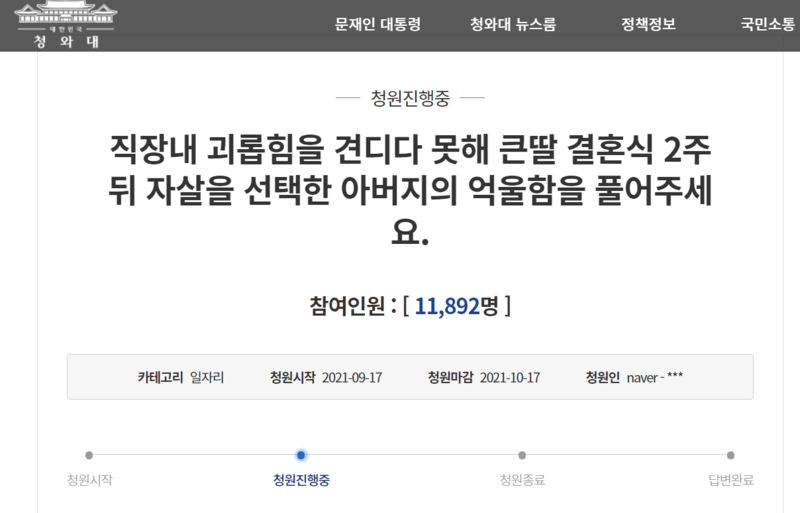Maiduguri, 15 February, 2022 – “I now have more information about breast and cervical cancer. Before now, I knew cervical cancer is deadly, but I had no knowledge of how to prevent it. Now I do and I intend to share the knowledge with my co-wives and other women in my locality. Women are mothers of the society and we need to take our health seriously. We also need to be healthy so that we can keep our families healthy”, says Fatima Musa, a 45 years old housewife living in Jere Local Government Area, Borno State.
As part of the effort to continue raising awareness and sensitization on cancer among Nigerians, the Borno State Government through Multi Aid and Charity Initiative (MACI) Foundation in collaboration with the World Health Organization (WHO) conducted a week campaign aimed at increasing people’s awareness on cancer prevention, screening, treatment and the need to support cancer patient.
The Cancer Awareness Walk 2022, tagged: “close the care gap”, commenced on 4 February in commemoration of the World Cancer Day.
The theme, “close the care gap”, signifies the start of a three-year campaign with the aim of raising global awareness around cancer and its impacts, especially on most vulnerable persons.
Speaking at the flag-off of the awareness walk, the Chief Executive Officer of the Multi Aid and Charity Initiative Foundation, the first lady of Borno state, Dr. Falmata Babagana Zulum appreciated WHO for its continuous and unrelenting support to saving lives. She said that the campaign is to raise awareness on both detection and prevention of cancer as it is vital to saving people’s lives.
“The campaign is being deliberate and intentional in ensuring that our people (especially the vulnerable women and girls) have the knowledge about disease.
Noting that cancer is a treatable disease, Mrs Zulum said the disease could be dealt with if people take health matters seriously.
Meanwhile, the WHO Northeast Emergency Manager Dr Richard Lako in his remark said ‘WHO will continue to work closely with the state government to make certain, no vulnerable person that needs basic essential health services is left unattended to.
“It is imperative to say that cancer is a chronic illness. Sadly, breast, prostate, liver, cervical, and colorectal cancers, account for almost half the new cases on the continent (Africa) annually. The awareness is a response to the call for action and WHO will continue to support the state government to raise awareness about the disease”, he said.
Cancer is the second leading cause of death globally, accounting for an estimated 9.6 million deaths, or one in six deaths, in 2018. Lung, prostate, colorectal, stomach and liver cancer are the most common types of cancer in men, while breast, colorectal, lung, cervical and thyroid cancer are the most common among women.
With the high burden and mortality rate of cancer globally, it has become imperative for governments to renew its efforts to curb and raise awareness of the disease.
To intentionally close the gap, WHO Africa is driving a number of key initiatives. These have seen 45% of our countries introduce national HPV (Human Papillomavirus Vaccine) vaccination programs to address the cervical cancer threat.
Emphasizing the importance of aligning with the strategy, the WHO Regional Director Matidishido Moeti in her World Cancer Day message said “As countries work towards universal health care, with the support of WHO, cancer risk factors need to be prioritized. Equitable access to life-saving vaccines, robust screening and early detection programmes, combined with a skilled workforce and adequate infrastructure and equipment, are also critical.
“As individuals, governments, partners and civil society, we all have a role to play. It will take a combined effort and multi-sectoral approach to achieve uninterrupted access to affordable, safe and effective cancer therapies for all,” she said.
Technical Contact:
Dr Lako Richard; Email: lakor [at] who.int
Note: This article have been indexed to our site. We do not claim legitimacy, ownership or copyright of any of the content above. To see the article at original source Click Here













